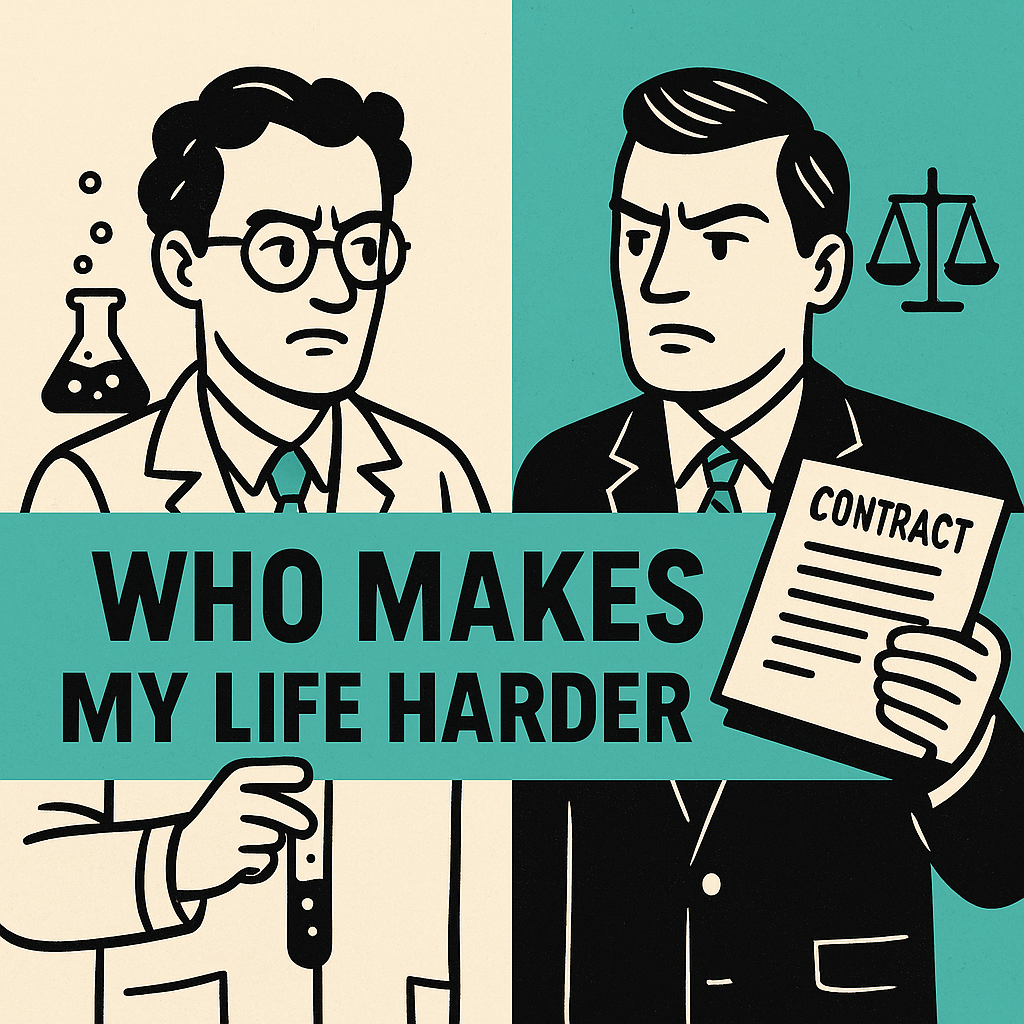Why Hiring for Potential (Not Just Experience) is Key in a Fast-Evolving Industry
Experience Isn’t Enough Anymore

In fast-moving sectors like life sciences, hiring based solely on past experience is an outdated strategy. Scientific and technological advancements are accelerating, and many of the best candidates for tomorrow’s roles may not have a decade of direct experience today. Instead, companies need to focus on hiring for potential—candidates who have the adaptability, curiosity, and problem-solving ability to thrive in evolving environments.
The Problem with Experience-Only Hiring
- Technology is changing faster than careers can keep up – A bioinformatician with 10 years of experience may have started in an era before AI-powered tools existed. Meanwhile, a scientist with fewer years in the industry but a stronger grasp of machine learning may be better suited for today’s challenges.
- Experience doesn’t always equal innovation – Hiring based on past roles often leads to the same approaches being recycled rather than fresh ideas being introduced.
- Over-reliance on experience shrinks the talent pool – Many highly skilled candidates are overlooked simply because they haven’t yet built an extensive career history in the field.
What Hiring for Potential Looks Like
Instead of evaluating candidates solely on their job titles and years of experience, assess their ability to learn, adapt, and innovate.
Look for Learning Agility
The best candidates are those who can quickly acquire and apply new knowledge.
- Ask: What’s the last technical skill or concept you taught yourself?
- Look for candidates who take courses, contribute to open-source projects, or stay engaged with industry advancements.
Prioritize Problem-Solving Ability
- Present candidates with a real-world challenge and assess their approach to solving it.
- Pay attention to how they think, rather than just the final answer.
Assess Adaptability in Fast-Changing Environments
- Ask about a time they had to pivot quickly in response to a major industry change.
- Look for professionals who are comfortable with uncertainty and continuous learning.
Value Passion and Curiosity
- Ask: What excites you most about the future of this industry?
- Candidates who are genuinely enthusiastic about the field tend to outperform those who rely solely on past experience.
Companies Winning with Potential-Based Hiring
Leading biotech firms and AI-driven drug discovery companies are already shifting their hiring strategies to focus on adaptability over rigid experience requirements. Companies like Moderna, Recursion Pharmaceuticals, and DeepMind prioritize hiring individuals with strong analytical skills and the ability to work across disciplines, rather than just relying on years of tenure in a single role.
The Competitive Advantage of Hiring for Potential
- Future-proof your workforce – Employees with high learning agility are more likely to keep pace with technological shifts.
- Increase diversity in thought and experience – A broader talent pool leads to more innovation.
- Retain employees longer – Candidates hired for their potential tend to feel more invested in their roles, leading to stronger retention.
Rethink Your Hiring Strategy
Instead of asking, "How many years of experience does this person have?" start asking, "How quickly can they learn, adapt, and contribute?"
Companies that embrace potential-based hiring will attract the next generation of life sciences and biotech leaders—while those clinging to traditional experience-first models will fall behind.
At Symbiotica, we specialize in identifying high-potential candidates in Omics, Analytical, Drug Discovery, Bioinformatics, and AI. Let’s find the future leaders of your industry—before your competitors do.
Contact Us
Hiring is data. Retention is psychology. The best companies get both right - only the exceptional make it a strategy
















